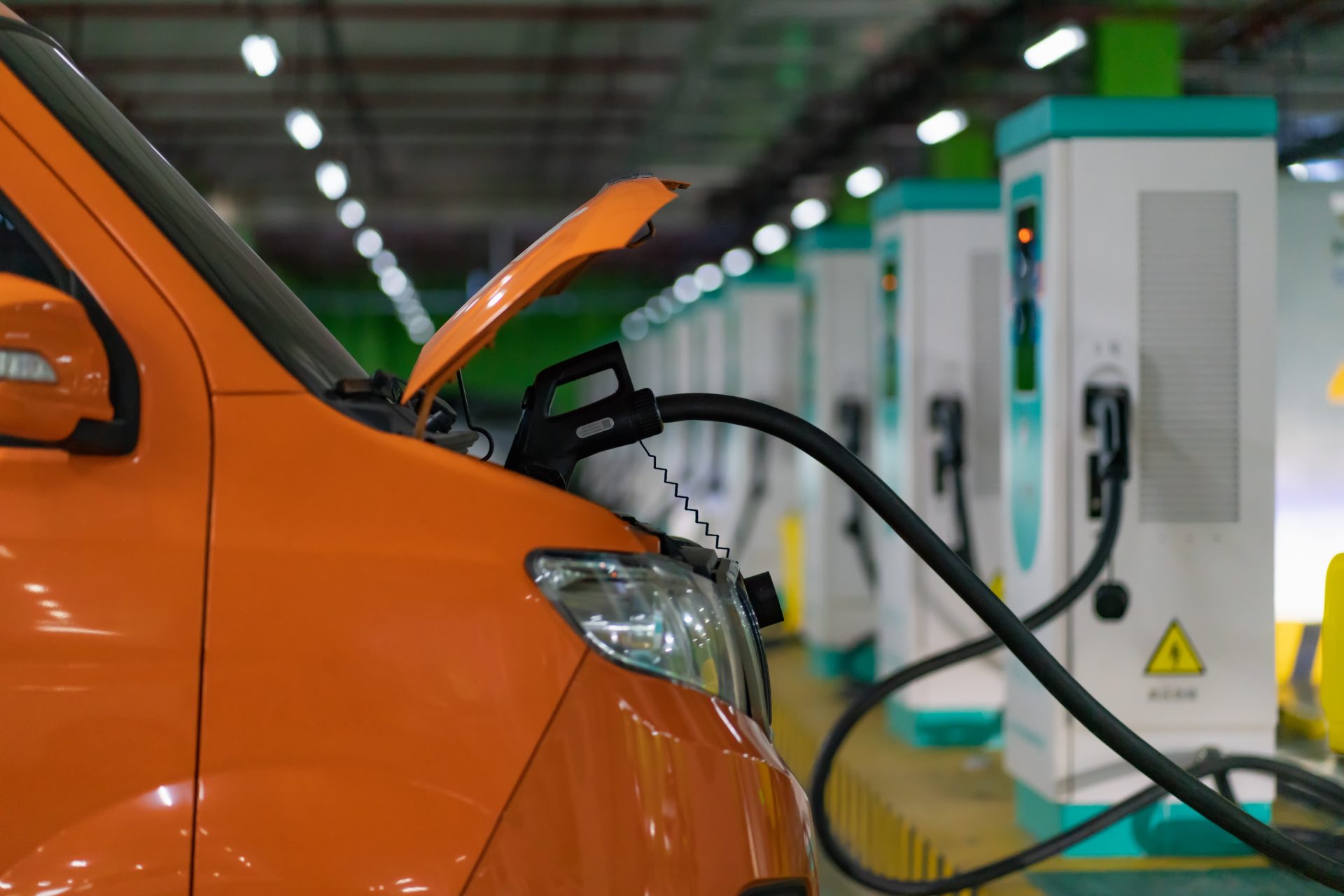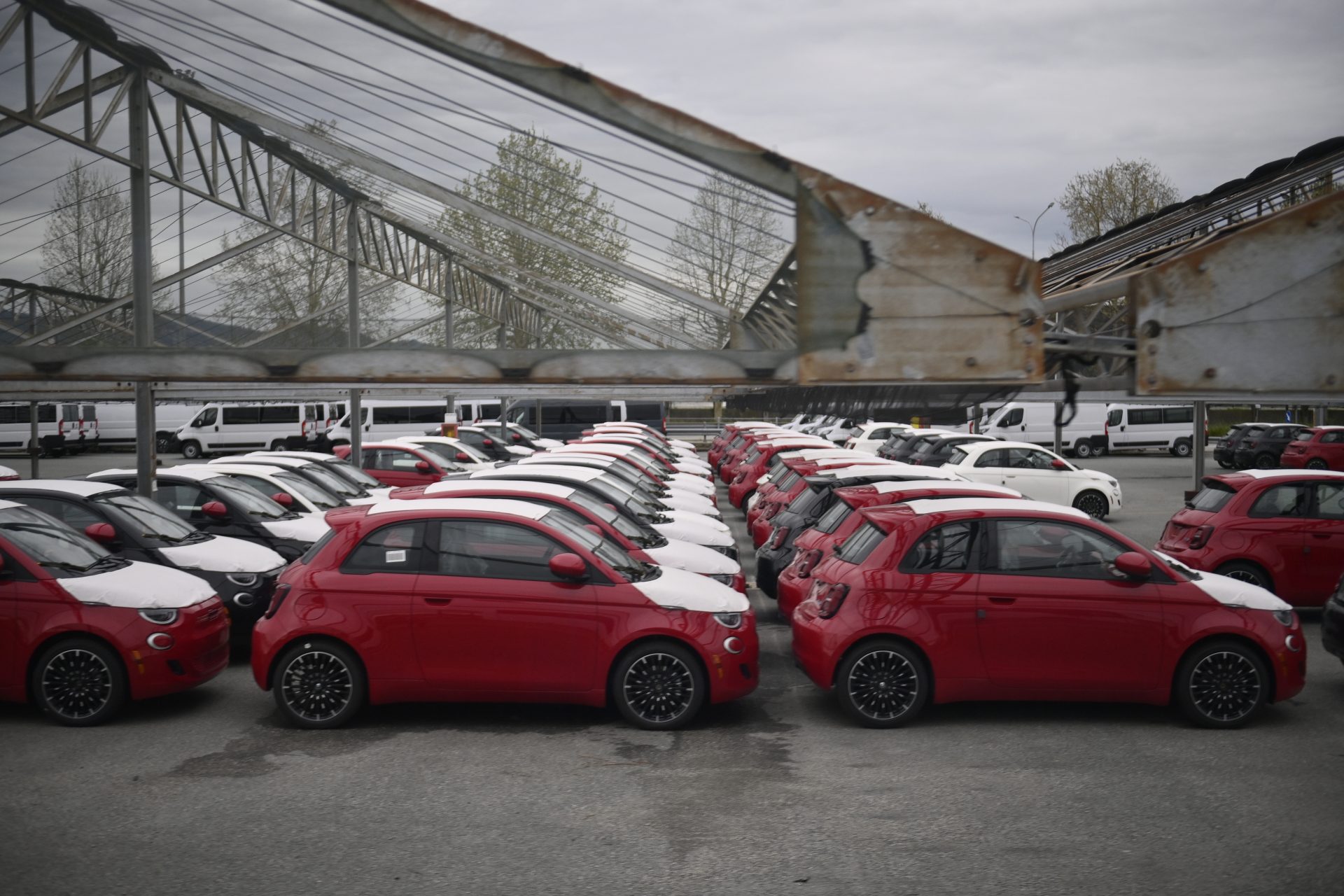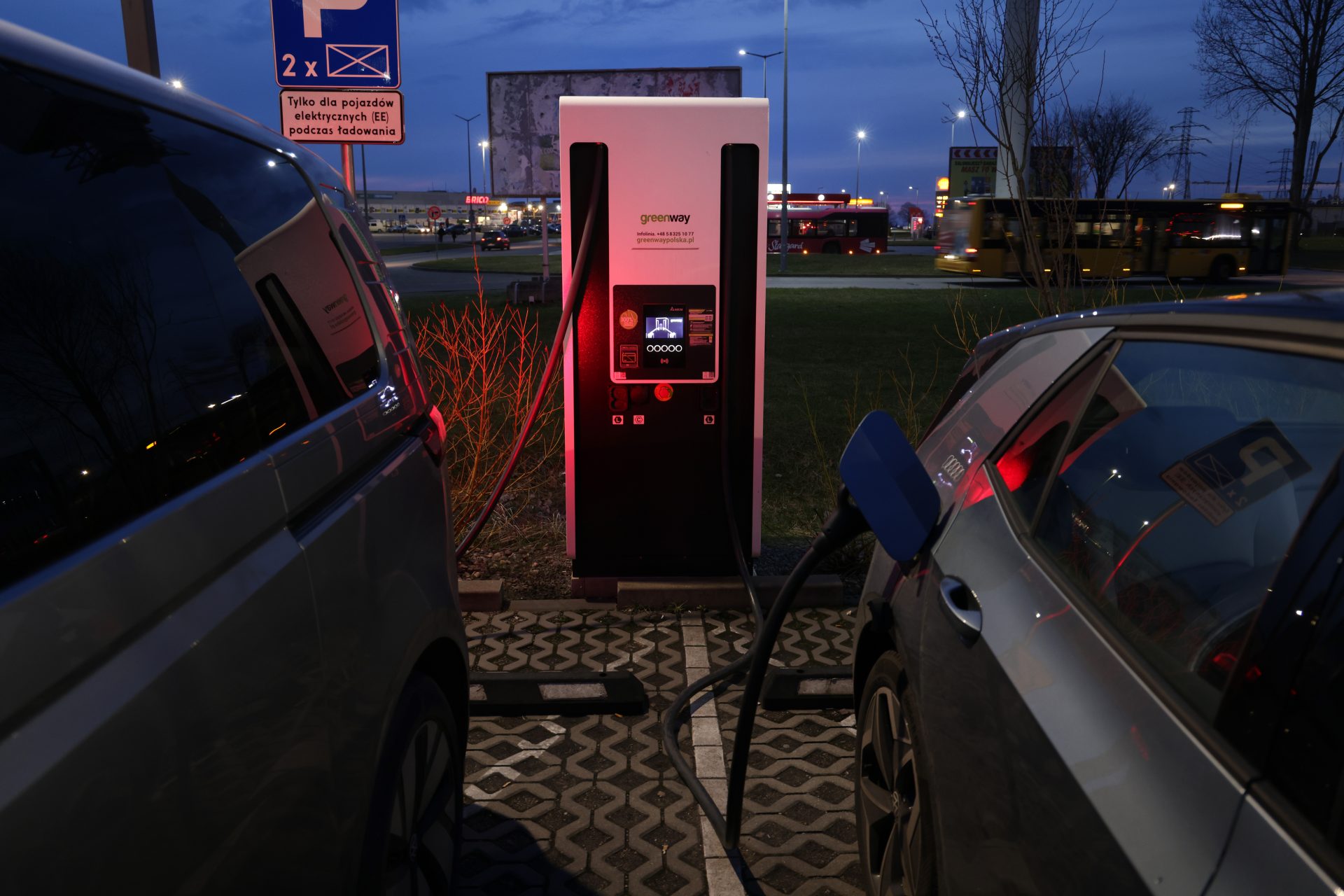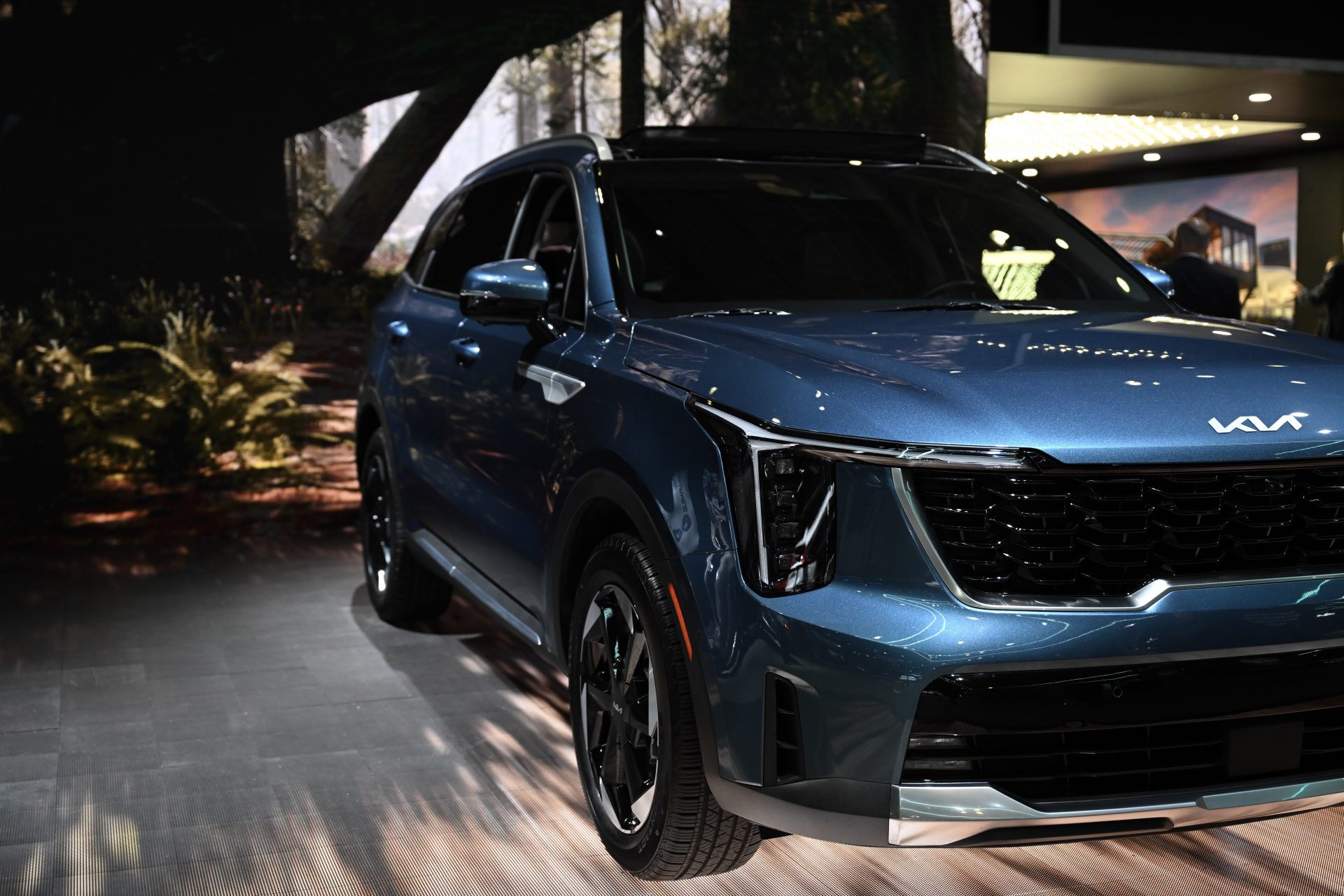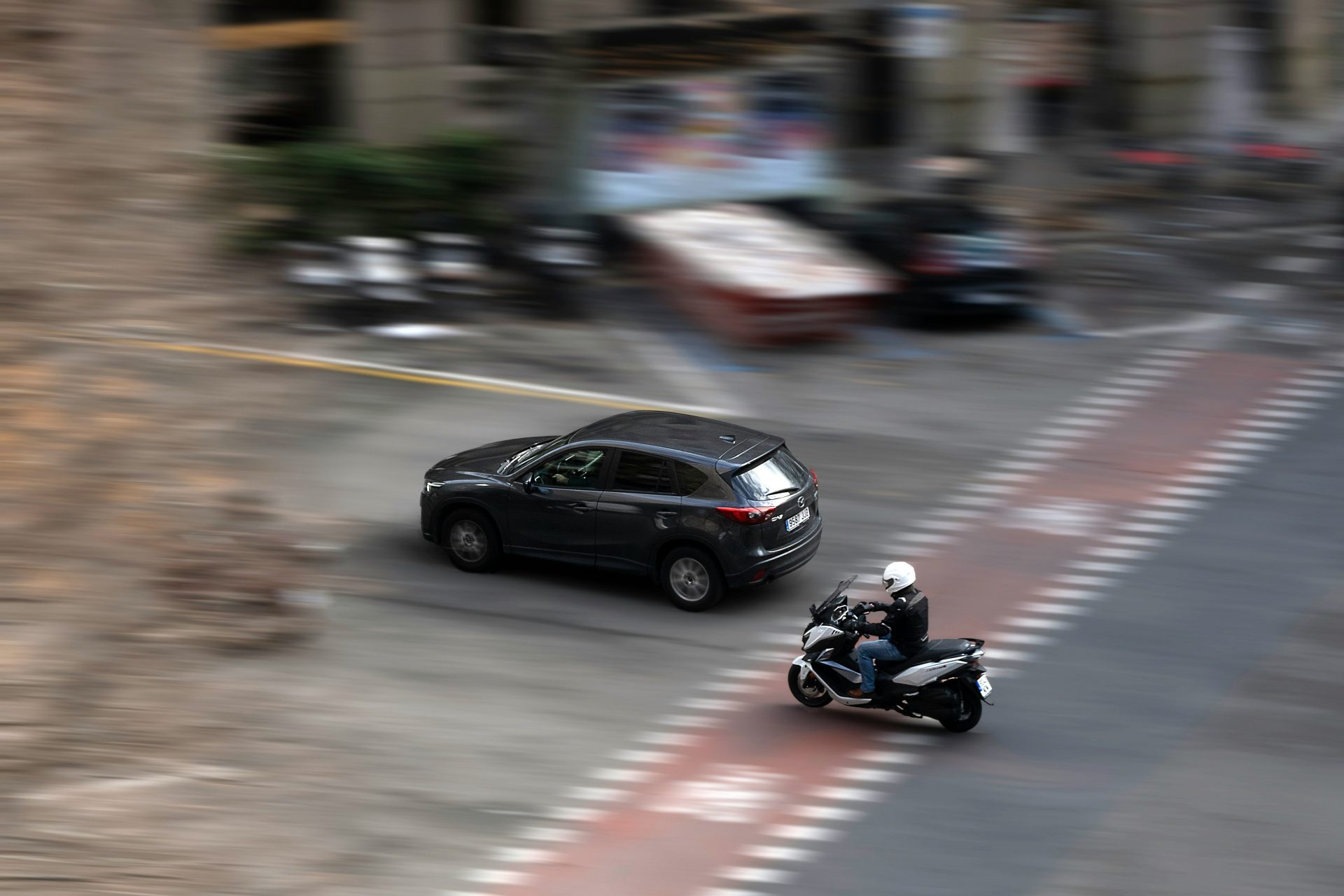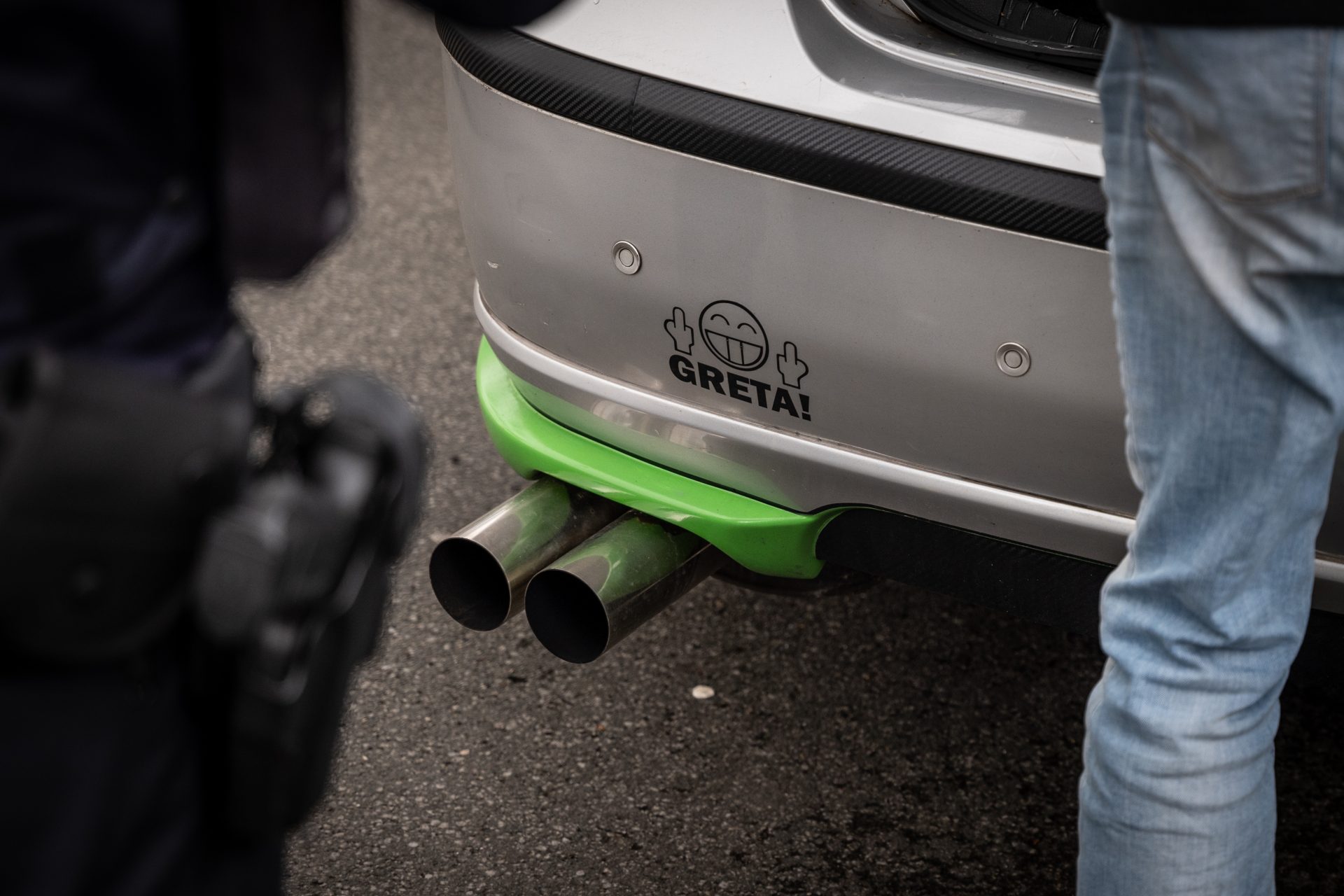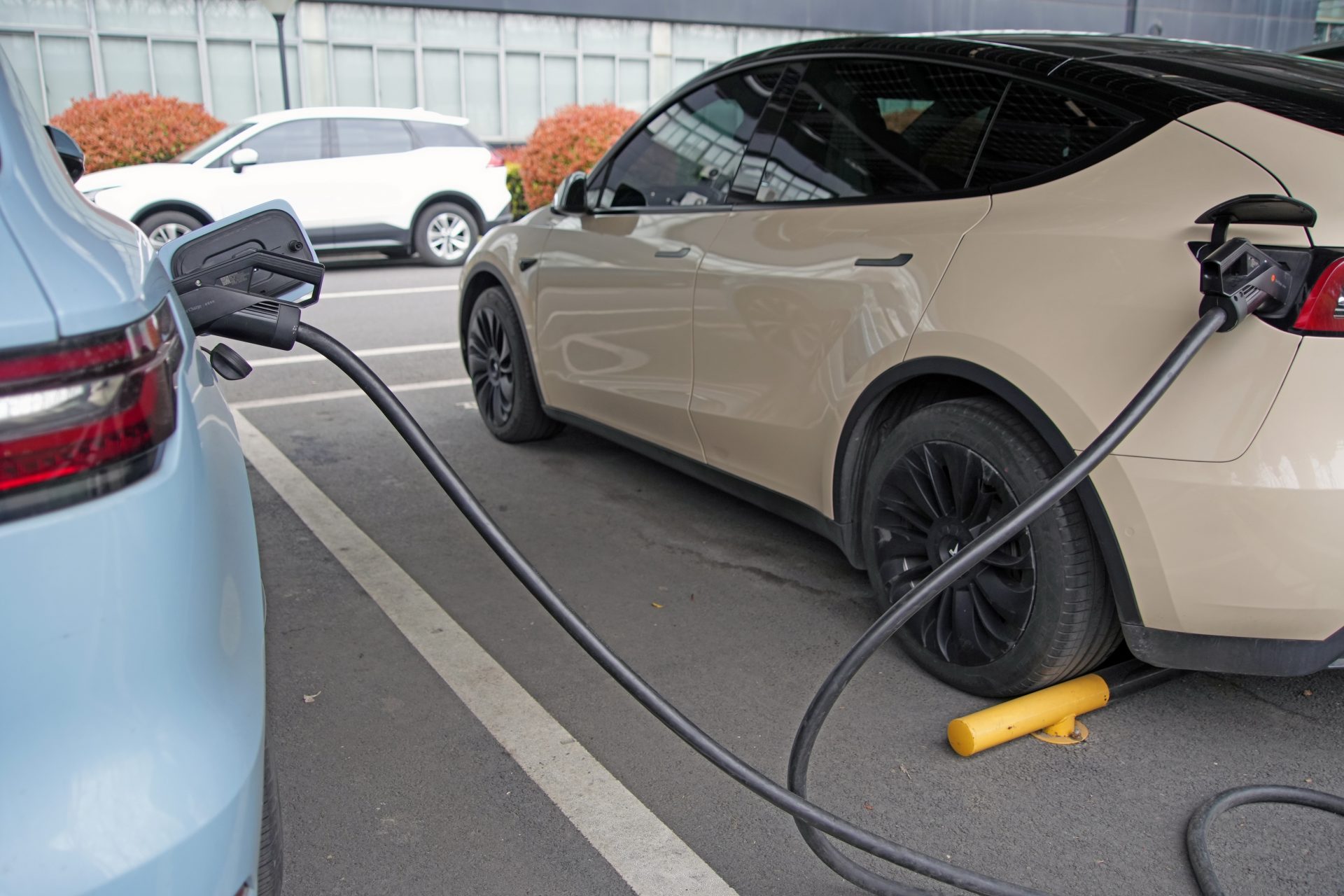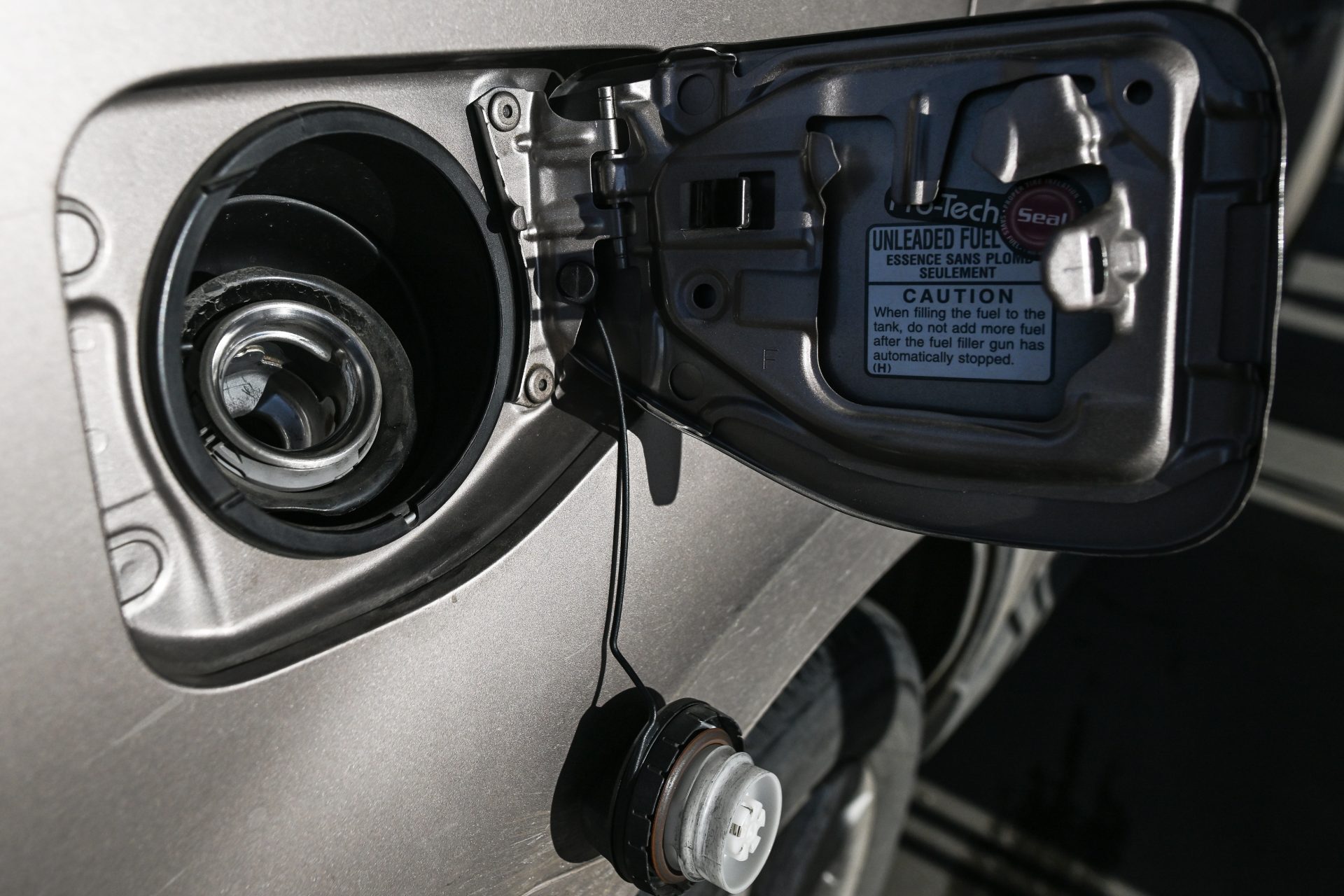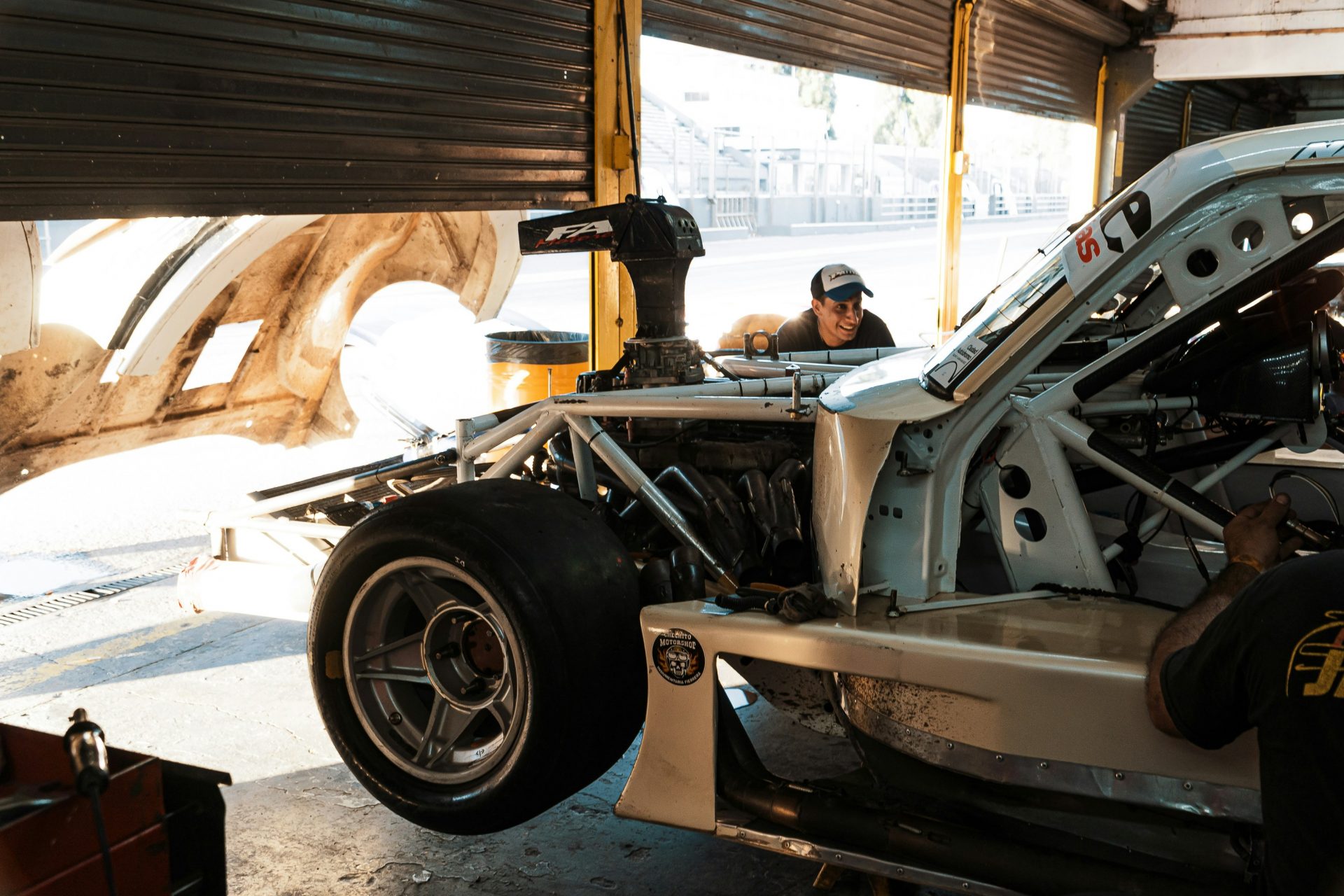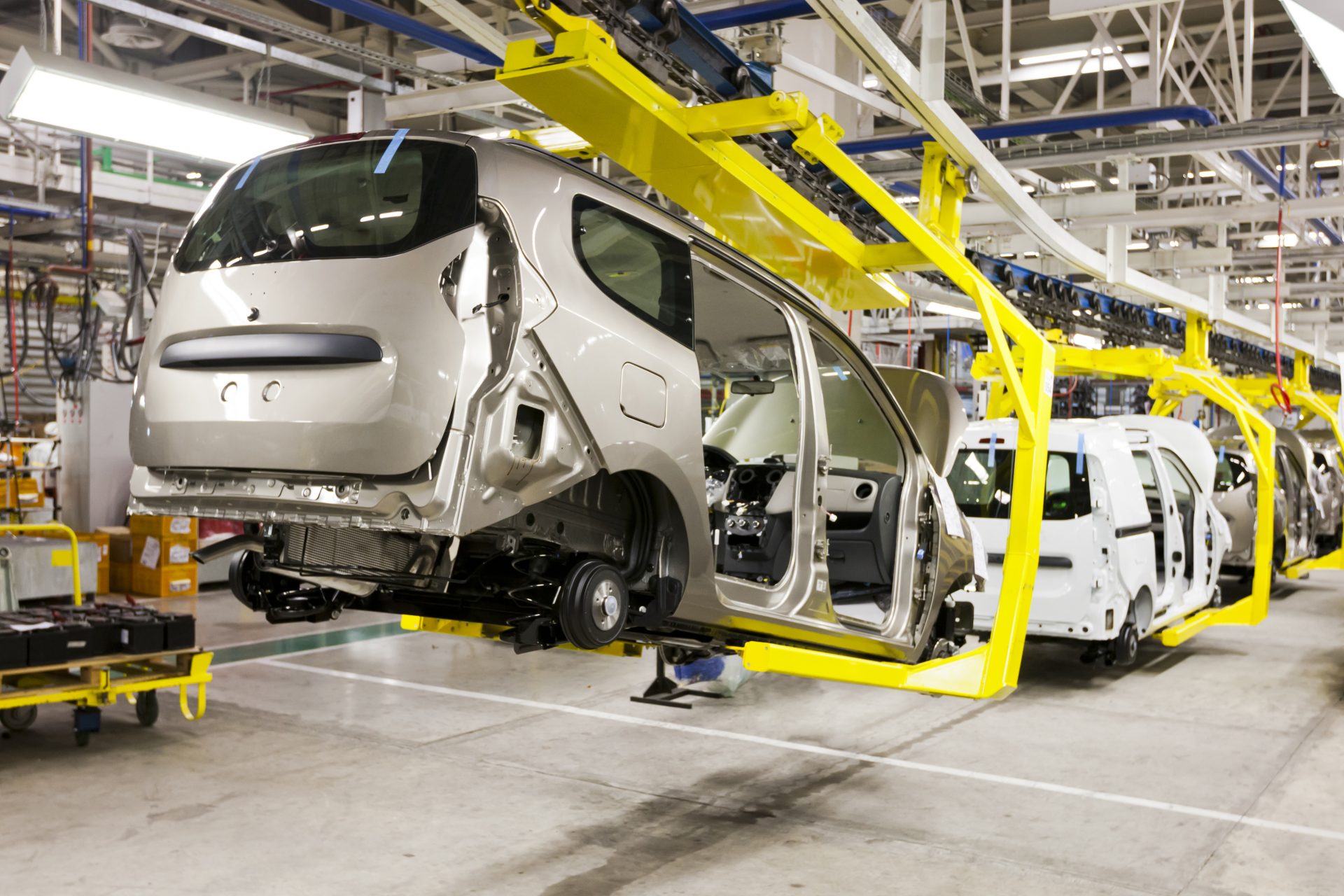How much does a hybrid car actually consume?
The automobile sector is immersed in a fight towards more sustainable models. Electric vehicles are the desire of manufacturers and customers, however, high component prices and aggressive competition from China, which sells them at much lower prices, is slowing down the battle.
In fact, as shown in recent research by the European Federation of Transport and Environment, only 17% of electric cars sold in Europe are compact vehicles in the B segment, that is, more affordable and cheaper, compared to 37%. of the new combustion engines.
According to the organization, car manufacturers are slowing the adoption of electric vehicles by prioritizing sales of cars of this type but larger and more expensive. In fact, between 2018 and 2023, only 40 fully electric models were launched in the compact segments (A and B) compared to 66 large and luxury models (D and E).
Given this slowdown, hybrid cars are beginning to spread, which combine an electric motor with a combustion engine (gasoline or diesel).
In fact, several manufacturers such as Volvo and Ford have decided to opt for hybrids over electric ones, with sales that are increasing. But do they really consume very little?
A recent study by the European Commission shows that they pollute and consume more than what manufacturers promised, after an investigation of 617,194 vehicles.
Of the cars analyzed, 44.5% were gasoline, 35.5% diesel and 20% hybrid. The latter were 80% gasoline and 20% diesel.
The data shows that the fuel consumption and Co2 emissions of diesel and gasoline cars on the road are 20% higher than the official ones indicated by the WLTP homologation test used for regulatory purposes.
Although this gap was foreseeable, since different factors come into play such as the state of the roads, the use of air conditioning or the driver's behavior, the surprise came when observing plug-in hybrid electric cars.
As explained by the Motorpasión portal that collected the study, if the approval data were observed, the average fuel consumption of these observed vehicles would be 1.69 l/100 km. However, according to the actual average consumption it was 5.94 liters/100 km, 252% more than what was declared by the manufacturers.
Furthermore, its emissions are 3.5 times higher than the values indicated in its approval. This figure only represents 23% less real Co2 emissions compared to traditional cars, according to the Commission report.
The Commission explains that the potential of these vehicles is not being exploited sufficiently, since, in most cases, they are not being charged to the maximum and with the appropriate frequency.
From January 2021, as explained by the Commission, all new passenger cars and small vans that run on fuel must have devices installed that monitor and record fuel consumption on board. These also measure the distance traveled.
These data have to be transmitted to the Commission, either directly from the car connected to the network, or during vehicle inspections at the dealership or in authorized centres.
In 2022, the institution received data on 10.6% of passenger cars and 1% of vans registered for the first time in the EU in 2021. This is still a figure well below expectations.
Given these results, the European Commission has announced that it will modify the homologation protocol for hybrid cars from 2025, with the aim of reducing the proportion of the distance traveled in electric mode so that the consumption and emissions data are more accurate.
More for you
Top Stories



